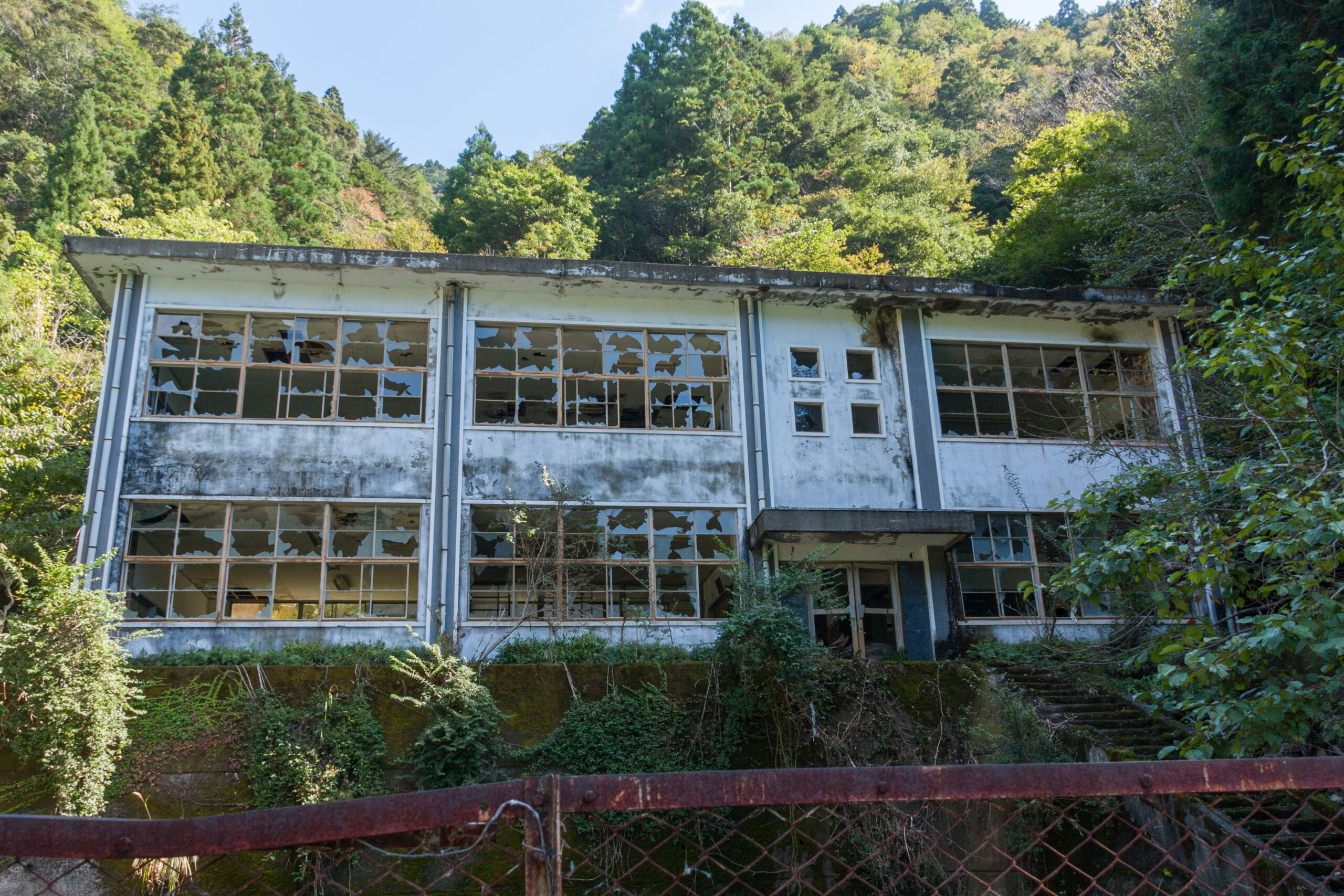News roundup: Repurpose abandoned buildings into social housing, and other updates

For PropertyGuru’s real estate news roundup, social housing development can innovate by restoring and repurposing abandoned buildings. In other updates, Chinese authorities have ordered hotels in China not to refuse foreign guests, and those who believe that they are victims of Malay reserve land fraud must report to the Malaysian Anti-Corruption Commission (MACC).
Maximizing dilapidated infrastructure: The potential of repurposing abandoned buildings into social housing
As the demand for affordable housing grows and the availability of low-cost properties diminishes, stakeholders in housing must become more innovative in their approach to social housing development. One opportunity lies in restoring and repurposing abandoned buildings. While building new houses remains the primary strategy for Housing Authorities and Associations, rehabilitating derelict buildings can be a more economical option. This approach not only maximizes the use of dilapidating infrastructure but also provides an economic opportunity to increase affordable housing within the city. Although rehabilitating derelict residential buildings may seem like an obvious solution, it becomes even more crucial when considering abandoned commercial, institutional, or historical buildings for social housing.
In 2021, Habitat for Humanity conducted a study titled ‘Repurposing Empty Spaces to Prevent Homelessness in Mainland Europe’. Its aim was to explore the possibility and availability of using socially owned vacant spaces to address housing shortages. The United Kingdom was chosen as a pilot study area, where the research found that approximately 7,000 commercial and business premises across England, Scotland, and Wales, currently owned by local authorities, have been vacant for over 12 months. The study estimated that these spaces could potentially create over 16,000 residential units by converting vacant office spaces, and 3,500 units by converting empty retail spaces.
According to ArchDaily, the study highlighted the vast availability of derelict commercial and housing buildings that are suitable for housing conversion. These properties are primarily owned by local authorities, reminding the government of its role in subsidizing affordable housing and decreasing the role of private developers in housing development. These properties are also conveniently located within cities and towns and are connected to essential amenities factored into the cost of housing, such as transportation, services, and social amenities. Their lack of use and adaptable spatial structures allow for easy rehabilitation and conversion into homes.
China hotels barred from refusing foreign guests as the government strives for ‘first-class business environment’
Chinese authorities have ordered hotels in China not to refuse foreign guests in the wake of complaints from travellers from countries including Nigeria and the United Kingdom. The Chinese government has received complaints from foreign travellers who were turned away by hotels, according to a notice posted on the State Council’s website.
The hotels cited reasons such as being “unequipped” to receive foreign guests or not knowing “how to input information into the systems”. They will no longer be allowed to refuse foreign travellers on these grounds, several Chinese government bodies said in the notice last 24th May.
The China Hotel Association will “guide and supervise” the industry to better receive foreign travellers, as well as improve the standards of service staff, said the Ministry of Public Security, Ministry of Commerce, and National Immigration Bureau in CNA.
The Ministry of Commerce has instructed the association to start an initiative to facilitate accommodation services for foreign travellers to China. It also aims to encourage better standards and convenience for foreign nationals travelling and residing in China.
Malay reserve land fraud victims urged to report to MACC immediately
The Malaysian Anti-Corruption Commission (MACC) has urged those who believe that they have been victims of the case of the subdivision of Malay reserve land lots into non-Malays, to immediately lodge a report to the agency.
In a Bernama report, MACC chief commissioner Tan Sri Azam Baki said thus far the agency has not received any reports related to such cases from other states and described what occurred in Perak recently as an isolated case.
“If the MACC receives any information or report on the misappropriation of matters related to changing the status of Malay reserve land to freehold. It is a criminal offence which we will certainly investigate,” he told the media 29th May.
The Property Report editors wrote this article. For more information, email: [email protected].
Recommended
6 green real estate projects reshaping Asia’s future
Developers are being incentivised to push a green agenda into daring new realms
ARES White Paper Volume 3: The era of adaptive reinvention
Pioneering sustainable and innovative practices in urban development
ARES White Paper Volume 2: Unravelling the power of data revolution in real estate
Insights on proptech, smart cities, and sustainable development
ARES Digital White Paper Volume 1: The fundamentals of responsible building
Green and climate heroes join forces to discuss how Asia Pacific can weather the current environmental crises and the looming effects of climate change






